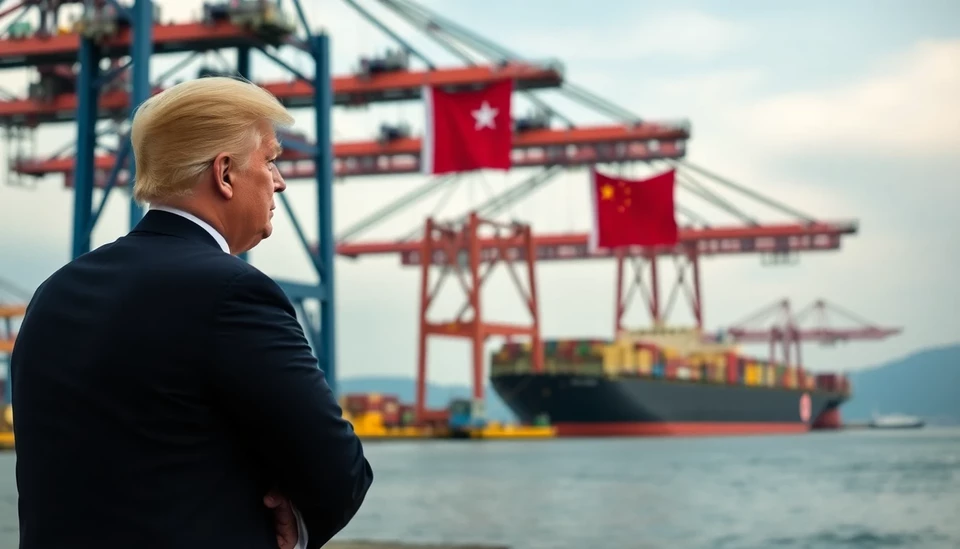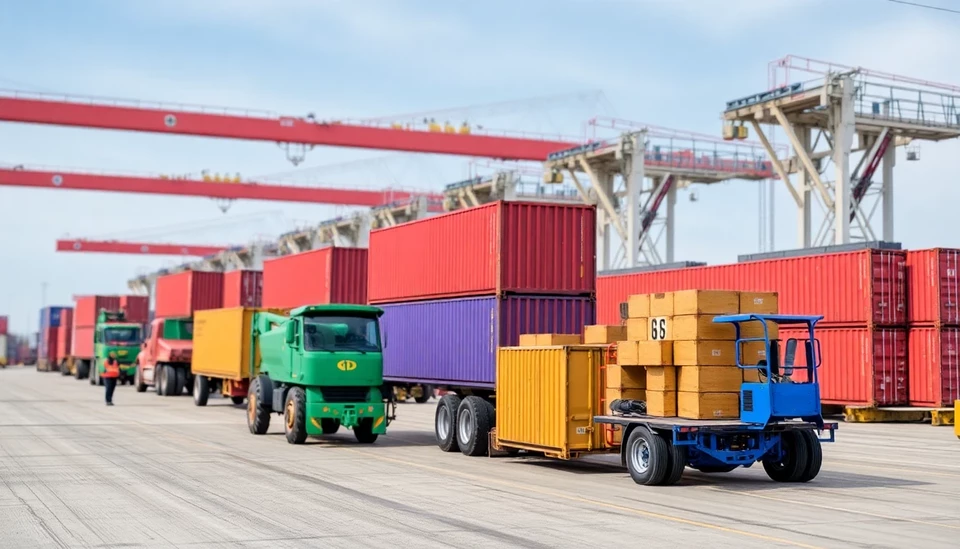
In a significant development in international trade policy, an ally of former President Donald Trump has called for the imposition of tariffs on goods transported via a port in Peru that is operated by Chinese interests. This proposal represents a growing concern among U.S. lawmakers regarding the influence of Chinese operations in Latin America and their potential implications for American businesses and national security.
The move comes in the context of escalating tensions between the United States and China, with increasing scrutiny on China's Belt and Road Initiative, which has expanded Chinese economic involvement across the globe. The Peru port in question has recently surged in prominence as a hub for shipping goods both to and from the Americas, raising alarm among some policymakers who fear such operations may be undermining U.S. economic interests.
Advocates for the tariffs argue that by imposing additional duties on goods that pass through this Chinese-controlled port, the U.S. can send a clear message regarding its stance on foreign influence in critical trade routes. They emphasize the need to level the playing field for American producers, who might struggle to compete in sectors heavily dominated by Chinese investments and control.
Critics of the proposal, however, warn that such tariffs could have a reciprocating effect, potentially prompting retaliation from China or leading to increased prices for American consumers who rely on imported products. The economic repercussions of implementing tariffs in this context have ignited fierce debate among economists and politicians alike.
This call for tariffs is not an isolated incident but is part of a broader trend where U.S. officials are increasingly vocal about economic policy regarding trade routes influenced by China. Many legislators are evaluating their economic agreements and partnerships in light of national security considerations, thus reshaping traditional views on international trade.
As the situation evolves, the implications for both domestic and international trade will be closely monitored by stakeholders across various sectors. The balance between protecting American economic interests and fostering global trade partnerships remains a challenging frontier for policymakers.
As the debate continues, it remains to be seen how the Biden administration will approach this issue and whether they will support tariffs or explore alternative strategies to counteract China's growing influence in Latin America.
#Tariffs #TradePolicy #China #PeruPort #TrumpAlly #AmericanEconomy #BeltAndRoadInitiative
Author: Laura Mitchell




